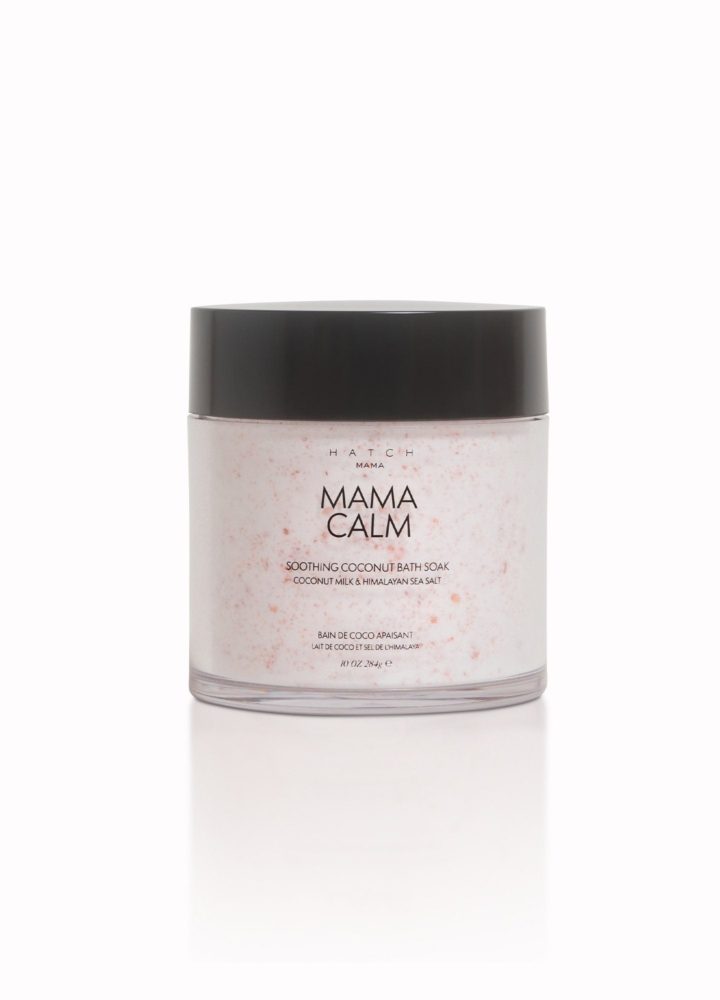Let’s be real: When we think about pregnancy and becoming a mom, most of the focus is on getting to your due date without losing your sanity. The first three trimesters can be tough, with pregnancy symptoms, nerves about becoming a mom, and an endless checklist to get you ready for your new baby.
The truth is that the fourth trimester (the 12 weeks after giving birth) can be filled with just as many ups and downs as pregnancy. Maybe this is your first postpartum experience, or maybe you’ve been through it before and need extra support. Either way, new parents, you’ve come to the right place.
Keep reading for all the 411 on the fourth trimester and how to get through it.
Physical Changes
Your body might not be changing on quite the same scale as it did during pregnancy, but there are still a lot of physical changes that take place during the fourth trimester.
Perhaps the most immediate physical impact of giving birth is the soreness and healing process after delivery. Depending on how you delivered your baby, you may have soreness around your perineum or the area between your vagina and booty — this is common with a vaginal delivery.
Or, if you’re recovering from a C-section, you might experience incision drainage or residual pain. In either case, give yourself plenty of time to rest up and heal, and treat your body with love. Labor and delivery are STRENUOUS — don’t overdo it during the postpartum period.
If you’re having a particularly hard time recovering from delivery or feel your soreness and pain are lasting longer than they should, don’t hesitate to reach out to your Ob/Gyn or another healthcare provider. They’ll be able to assess your recovery, offer medical advice, and provide solutions to help you get through it.
Check-Ups
Check-ups with your Ob/GYN are a regular part of pregnancy, especially as the due date draws nearer. Check-ups during the postpartum period, as you adjust to new motherhood and physically recover from delivery, can be just as important.
The American College of Obstetricians and Gynecologists (ACOG) recommends new moms have a postpartum check-up within three weeks after delivery, including a comprehensive postpartum visit within the first three months.
However, just 40% of women actually attend this visit, likely due to a combination of exhaustion and the idea that now that you’ve given birth, your need for close medical attention is over. In reality, it’s super important to check in with your Ob/GYN and other healthcare providers during the postpartum period.
Your emotional changes, physical health, and new lifestyle can be all over the map during this time, and just because your baby is here doesn’t mean your turn for care is over! Your mental health and well-being are top priorities.
Sleep
Every new mother has a slightly different postpartum experience. Some women may feel relieved that pregnancy is over, while others may struggle with mental health issues. One thing that’s almost universally consistent in early motherhood, though, is sleep deprivation.
It’s pretty unavoidable: Having a newborn is bound to mess up your sleep schedule. Even if your partner or another caregiver can help with feedings, the anxieties and stresses of early motherhood can keep you up and interfere with the chance to catch some quality ZZZs.
Feeling fatigued and sleep deprived during your first weeks postpartum is pretty normal. However, this should improve as time goes on and your babe is able to sleep for longer periods of time (THAT’s a milestone worth celebrating!). If you still feel unable to sleep several months postpartum, even when your little one is slumbering, definitely talk to your doctor.
One thing that may help you catch some shut-eye is developing a consistent sleep routine. Having a relaxing way to wind down before bed can prep your body and brain to get more sleep, especially during a time that tends to be hectic and stressful.
Find a relaxing hobby, such as freewriting, reading, or light yoga, to help you unwind and settle down. Or, try some self-care/wellness rituals, like taking a bath with our mineral-rich Mama Calm bath soak. This coconut milk and Himalayan sea salt blend will hydrate and moisturize your skin while helping you release some of that postpartum tension.
Ask for Help
Your obstetrics and gynecology team isn’t your only resource here. Your baby’s pediatrician can help you navigate the first years (18, actually) of your baby’s life. From swaddling guidelines to skin-to-skin contact practices, your pediatrics crew is there to help. So, if you’re endlessly Googling “How do I get my baby to sleep,” reach out to your kiddo’s doctor. They can help with baby sleep advice, helping your whole family get the shut-eye you need.
Don’t forget to ask for help from friends and family members too. If your bestie comes over to cuddle your baby for two hours, you can take that much-needed nap.
Breastfeeding
Another aspect of the fourth trimester that can be a big adjustment is breastfeeding. Maybe you’ve chosen to formula feed your newborn, in which case you won’t have to worry about this — that’s great! If you HAVE chosen to breastfeed, there are a few things you can do to prepare so that those first few weeks postpartum don’t feel totally overwhelming.
First, consider whether you’ll need to get a breast pump or not. Maybe you’re planning to hand express and won’t need a pump. Or maybe you’re planning on getting back to the office as soon as you can, in which case you’ll need a breast pump in order to keep up your milk supply.
You’ll also want to invest in a few nursing-friendly wardrobe staples, including a good nursing bra. Our current fave? The Essential Nursing and Pumping Bra is an uber-comfy seamless bra designed with a ton of thoughtful features that make nursing and pumping a total breeze.
Postpartum Care That Cares About You
During pregnancy, all the focus is on just getting to your due date. But what comes after labor and delivery can be just as turbulent and overwhelming. Now you’re officially a mom, and that comes with a lot of big changes. It’s more important than ever to take care of yourself and pay attention to what your body is telling you.
We’ve said it before, and we’ll say it again: the best thing you can do to take care of your newborn baby is to take care of yourself first. You’ve got this, mama.
Sources:







